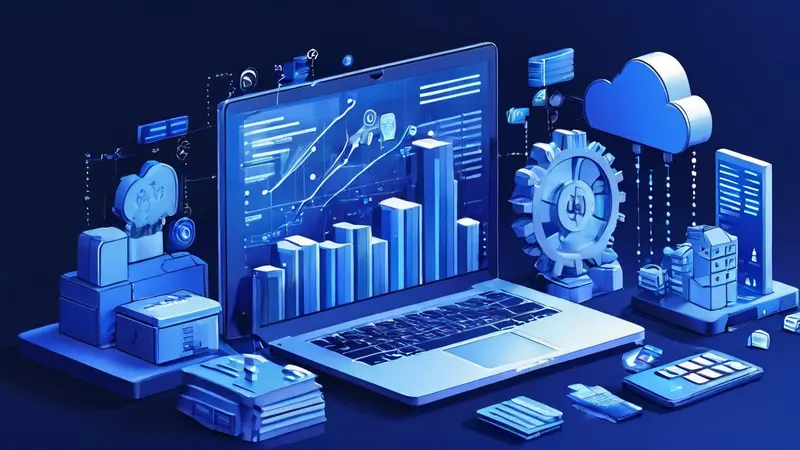
标题: HOW TO MANAGE HOSPITALITY EXPENSES IN THE R&D DEPARTMENT
Hospitality expenses in the R&D department can be managed by establishing clear expense policies, regular monitoring, and utilizing expense management software. Proper categorization of expenses, setting up spending limits, and conducting regular audits are other effective strategies. This article will delve into the importance of each of these points and provide practical tips on how to implement them effectively.
I. ESTABLISHING CLEAR EXPENSE POLICIES
Establishing clear and comprehensive expense policies is the first step towards effective management of hospitality expenses. These policies should define what constitutes a legitimate business expense, set dAIly or event-specific spending limits, and outline the process for submitting and approving expense claims. Employees should be adequately trained on these policies to ensure compliance.
The policy should be specific enough to cover different scenarios. For example, it should differentiate between hospitality expenses for internal team meetings and those for entertaining clients or partners. The policy should also address grey areas such as gifts for clients, as these can often be a source of confusion and potential abuse.
II. REGULAR MONITORING AND AUDITS
Regular monitoring and audits of expense claims can help identify any discrepancies or policy violations. This process should involve a review of all submitted expense claims to ensure they comply with the company's policies and are backed up by appropriate documentation such as receipts.
Audits can also help identify trends and patterns in hospitality spending. This information can be used to adjust policies or spending limits if necessary. For example, if the audits reveal that hospitality spending is consistently exceeding the set limits, it may be a sign that the limits are unrealistic and need to be revised.
III. UTILIZING EXPENSE MANAGEMENT SOFTWARE
Expense management software can greatly simplify the process of tracking and managing hospitality expenses. This software can automate many of the tasks involved in expense management, such as categorizing expenses, tracking spending against budgets, and generating reports.
Expense management software can also help enforce expense policies. For example, the software can be configured to reject expense claims that exceed the set spending limits or are not backed up by required documentation. This can help reduce the likelihood of policy violations and ensure that all expenses are properly accounted for.
IV. PROPER CATEGORIZATION OF EXPENSES
Proper categorization of expenses is crucial for effective expense management. This involves assigning each expense to the appropriate category, such as meals, travel, or gifts.
Categorizing expenses not only helps in tracking spending and identifying trends, but also in ensuring compliance with tax laws. For example, some business expenses may be tax-deductible, while others are not. Proper categorization can help ensure that the company takes advantage of all eligible tax deductions and avoids potential penalties for incorrect tax filings.
V. SETTING UP SPENDING LIMITS
Setting up spending limits for hospitality expenses can help control spending and prevent budget overruns. These limits should be realistic and based on the company's financial situation and the nature of its business.
Spending limits can be set on a per-event or per-day basis, or they can be based on the role or seniority of the employee. For example, higher spending limits might be allowed for senior executives or for events involving important clients or partners. These limits should be clearly communicated to all employees and strictly enforced.
In conclusion, managing hospitality expenses in the R&D department involves a combination of clear policies, regular monitoring, effective use of technology, proper categorization of expenses, and realistic spending limits. By implementing these strategies, companies can ensure that their hospitality spending is well-controlled and contributes to the achievement of their business goals.
相关问答FAQs:
1. 招待费是什么?
招待费是指公司研发部门用于款待客户、供应商或合作伙伴的费用,旨在维护良好的业务关系和促进合作。
2. 研发部门的招待费用有哪些具体项目?
研发部门的招待费用包括但不限于商务宴请、出差接待、商务旅行、外部培训等。这些费用通常用于餐饮、住宿、交通和娱乐等方面。
3. 研发部门招待费的使用限制是什么?
研发部门招待费的使用应符合公司的相关政策和规定。一般来说,费用必须合理、合法,并与业务活动直接相关。此外,费用使用必须经过审批并进行适当的记录和报销。





























